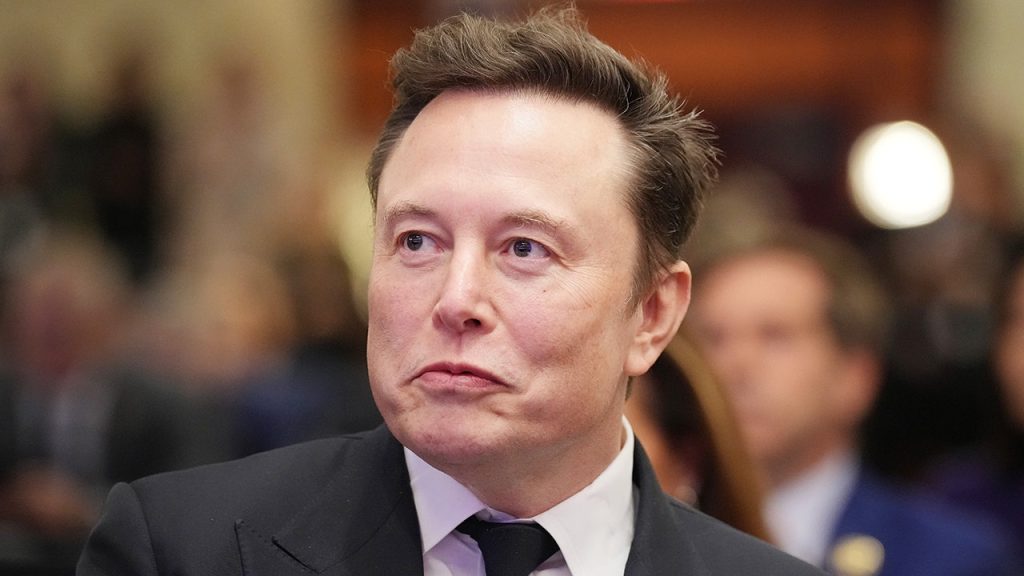Elon Musk, the influential entrepreneur and CEO of companies like Tesla and SpaceX, has voiced strong opinions on the future of warfare and the urgent need for the United States to prioritize specific military technologies. He emphasizes the growing importance of unmanned systems, particularly long-range drones and hypersonic missiles, while simultaneously criticizing traditional manned aircraft like the F-35 fighter jet. Musk argues that in future conflicts, manned aircraft will be highly vulnerable to advanced drone technology, rendering them obsolete and putting pilots at significant risk. He advocates for a substantial investment in a diverse fleet of drones, encompassing aerial, surface, and underwater capabilities, alongside a robust arsenal of hypersonic missiles. This, he believes, is crucial for America’s defense preparedness.
Musk’s critique of the F-35 program is particularly sharp. He contends that the aircraft’s design is inherently flawed, stemming from an overly ambitious set of requirements that aimed to please too many stakeholders. This, in his view, has resulted in an expensive and complex aircraft that fails to excel in any specific area. He calls it a “jack of all trades, master of none,” arguing that its inherent limitations make it a poor investment of resources, especially in an era where drone technology is rapidly advancing. Musk has consistently questioned the F-35’s cost-effectiveness and its viability in modern warfare, highlighting the need for a strategic shift towards unmanned systems.
Furthermore, Musk’s concerns extend beyond military technology and encompass the broader issue of government spending and the escalating national debt. He describes the current level of national debt as “terrifying” and warns of the potential for de facto bankruptcy if the issue remains unaddressed. This concern underscores his involvement in initiatives aimed at improving government efficiency and advocating for fiscal responsibility. Musk’s appointment, along with that of Vivek Ramaswamy, to the unofficial Department of Government Efficiency (DOGE) by then President-elect Donald Trump, reflects his commitment to addressing what he perceives as wasteful government spending.
Musk’s advocacy for drones and hypersonic missiles stems from his belief that these technologies represent the future of warfare. He envisions a battlefield dominated by unmanned systems, where speed, maneuverability, and the ability to strike from long distances will be paramount. Hypersonic missiles, capable of traveling at five times the speed of sound or faster, are particularly attractive due to their ability to penetrate enemy defenses and deliver rapid strikes. Coupled with the versatility and endurance of long-range drones, Musk believes these weapons systems offer a significant advantage in modern conflicts.
His criticism of the F-35, therefore, is not solely based on its cost or perceived design flaws but also on its relevance in a rapidly changing military landscape. Musk argues that investing in manned fighter jets, however advanced, represents a misallocation of resources in an era where unmanned systems are becoming increasingly dominant. He believes that the focus should be on developing and deploying technologies that align with the future of warfare, rather than clinging to traditional platforms that risk becoming obsolete.
In essence, Musk’s perspective represents a call for a paradigm shift in military thinking and investment. He urges a move away from expensive, manned platforms like the F-35 towards a more agile and adaptable force centered on unmanned systems and hypersonic weapons. He views this transition as essential for maintaining America’s military edge and ensuring its preparedness for future conflicts. This perspective is intertwined with his broader concerns about government spending and the need for greater efficiency, highlighting his belief that strategic investments in the right technologies are crucial for both national security and economic stability.


